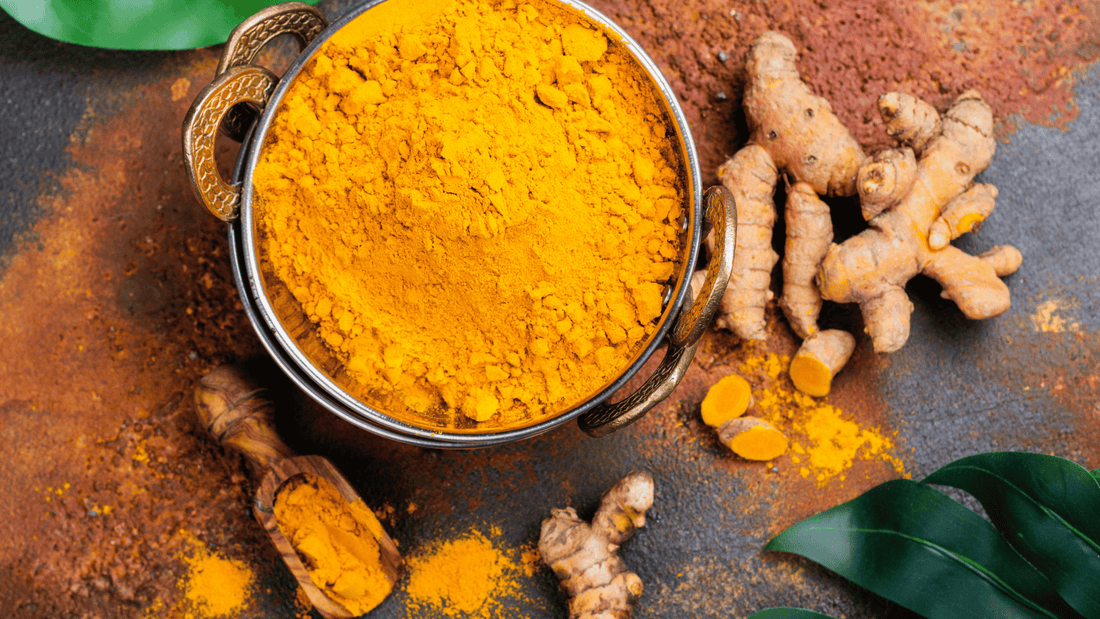
Turmeric vs. Curcumin: What’s the Real Difference and Why Your Body Needs It
Share
If you've ever encountered the vibrant yellow spice that gives curry its signature color, you've already encountered turmeric.
But turmeric is far more than just a spice in your kitchen spice rack.
Turmeric (Curcuma longa) is a plant from the ginger family, prized for centuries not only for its rich, bitter flavor but also for its potent healing properties.
First used around 600 BC in India, turmeric quickly became a staple in Ayurvedic medicine — and now, it’s taking the world by storm as one of the most powerful natural antioxidants available.
Let’s break it down simply:
The magic of turmeric comes from a compound called curcumin.
Curcumin is the active ingredient responsible for turmeric’s golden color and most of its scientifically-backed health benefits.
However, turmeric root contains only about 3% curcumin by weight.
That’s why, if you’re looking for real therapeutic effects, relying on turmeric powder alone isn’t enough — you need concentrated curcumin supplements.
Now, what’s the real difference between turmeric and curcumin?
Turmeric is the plant. Curcumin is the powerhouse locked inside it.
Think of turmeric as the source, and curcumin as the prize.
And here’s the kicker:
The world’s most advanced curcumin extracts are now available, designed to maximize bioavailability — meaning your body can actually absorb and use it.
Why You Need Curcumin In Your Life
Here’s what high-quality curcumin can do for you:
Reduces inflammation throughout the body
Chronic inflammation is the root of many modern diseases. Curcumin naturally lowers inflammatory markers, helping your body heal and stay resilient.
Provides powerful antioxidant protection
Curcumin fights oxidative stress and neutralizes free radicals — those nasty little molecules that age your body and damage your cells.
Supports liver health and regeneration
Your liver works overtime detoxifying your body. Curcumin helps it function better and repair itself faster.
Lowers cholesterol levels
Keeping your heart healthy starts with controlling your cholesterol. Curcumin’s anti-inflammatory and antioxidant effects help maintain a healthier lipid profile.
Helps regulate blood sugar levels
For those struggling with diabetes or insulin resistance, curcumin can naturally support better blood sugar control.
Protects your brain
Curcumin has neuroprotective properties. It may shield your brain from damage and lower the risk of cognitive decline and neurodegenerative diseases like Alzheimer’s.
Improves digestion
Bloating, cramping, and irritable bowel symptoms? Curcumin calms your gut and promotes smoother digestion.
Shows antitumor potential
Emerging research highlights curcumin’s potential to inhibit the growth of certain tumors by interfering with cancer cell signaling.
Why Settle for Less?
In a world where stress, pollution, and processed foods are daily threats, giving your body a natural edge isn’t just smart — it’s essential.
Adding turmeric or a premium curcumin extract to your daily routine is a simple yet powerful move toward better health, energy, and longevity.



